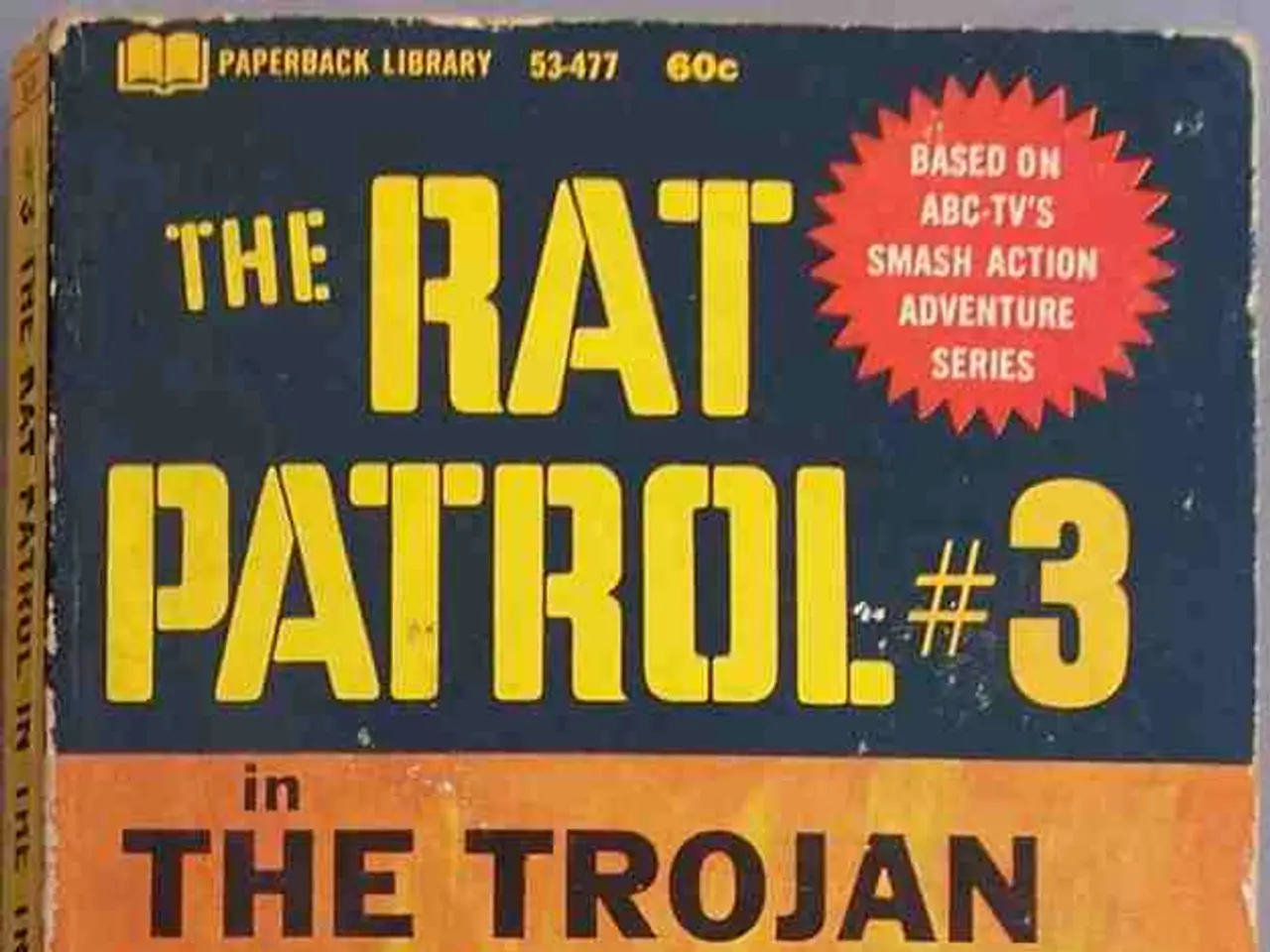Undermining the Russian-Iranian Alliance
In August 2025, Iran and Russia are maintaining a dynamic and multi-faceted military cooperation, with ongoing high-level talks aimed at expanding their strategic partnership, particularly in regions like the South Caucasus. The recent meeting between Russian Deputy Defense Minister Alexander Fomin and Iran’s Ambassador Kazem Jalali reflects this mutual commitment to deepening their defense ties.
However, the impact of this cooperation on the Ukraine conflict remains unclear. While the focus of Iran-Russia military coordination appears to be on regional security challenges, there is no explicit mention of joint military operations or direct support related to Ukraine in the August 2025 statements.
The broader strategic context suggests that while Iran and Russia have a close partnership, limitations and tensions may arise, particularly during times of conflict. For instance, during the June 2025 Iran-Israel war, Iran expressed disappointment over Moscow's support, with Russian reportedly sharing intelligence with Israel on Iranian air defense sites and providing minimal tangible military support.
Looking back, Iran and Russia have demonstrated a ability to jointly act in important regional conflicts where their interests align, such as in Syria. This history supports the idea that they could coordinate in other theaters, though no clear indication points to active joint operations or material support from Iran to Russia in Ukraine as of now.
Since February 2022, Iran has been supplying weapons and technology to Russia, including Shahed drones, which have been used in devastating attacks on Ukrainian cities, hospitals, schools, and infrastructure. Russian soldiers have been trained by Iranian Revolutionary Guards and Hezbollah operatives in Syria to operate these drones.
The cooperation between Iran and Russia is not limited to military support. China supplies Russia with crucial technologies for military production, while Iran has provided blueprints, technical expertise, and components to establish a drone manufacturing facility in Russia's Tatarstan region.
The future of this partnership is uncertain, with the Snapback Mechanism, which enables France and the UK to veto any attempt to stop the UN sanctions from being imposed on Iran, expiring on Oct. 18 this year. If the mechanism is not extended, it could potentially lead to a relaxation of international pressure on Iran, further strengthening its alliance with Russia.
The military cooperation between Iran and Russia is part of a broader "Axis of Evil" alliance alongside China, North Korea, and potentially other authoritarian regimes, posing a threat to global stability. The European Union has already sanctioned individuals and entities for missile and drone transfers to Russia, and failure to act decisively risks emboldening this alliance, allowing them to further destabilize the global order.
Read also:
- Weekly happenings in the German Federal Parliament (Bundestag)
- Southwest region's most popular posts, accompanied by an inquiry:
- Discussion between Putin and Trump in Alaska could potentially overshadow Ukraine's concerns
- Massive 8.8 earthquake hits off the coast of Russia's Kamchatka Peninsula, prompting Japan to issue a tsunami alert.








